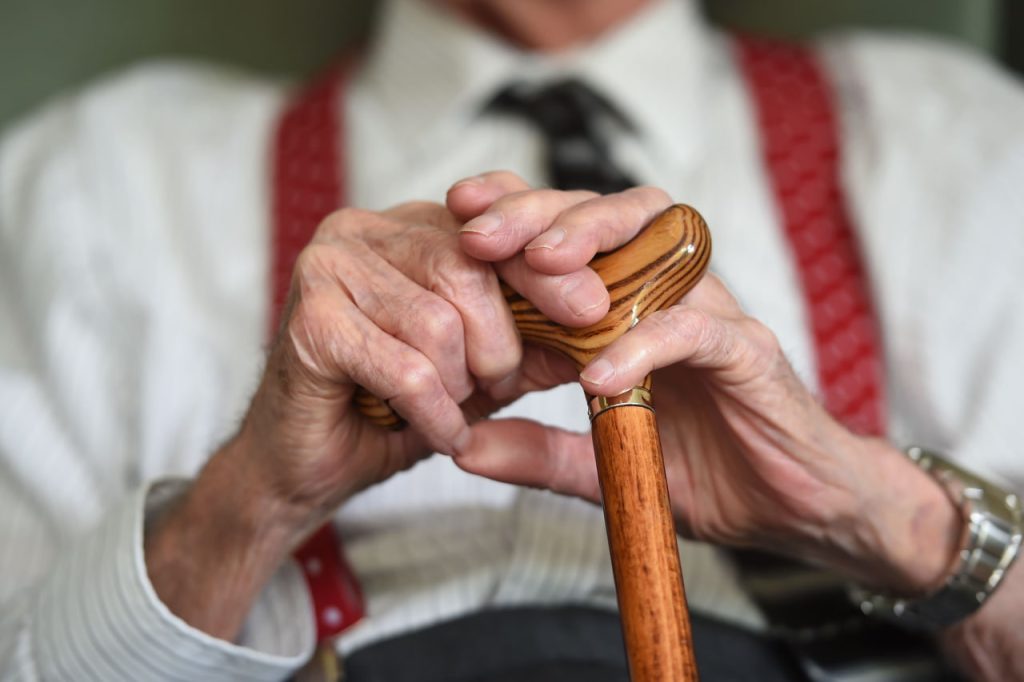Prof Aurobindo Mazumdar
Throughout the world, large numbers of older persons face challenges such as discrimination, poverty, and abuse that severely restrict their rights and their contribution to society. The world has not been quick to respond because of a lack of political will. But older people are indifferent to all that is passing around them; they heed not the voice of man or woman; they delight not in the carolling of birds, or in the sweet music of the rippling brooks.
We hear stories almost daily on how an old mother, a father, and sometimes both have been abandoned by their son or daughter and left on their own. The reality is harsh, unreliable, but it is a fact. Did we ever care to know that elder abuse is alive and kicking right amongst us? Although, sons with their wives live in the same house, yet they do not take proper care of their aged father and mother who are dumped in a small room with one bed and a small dirty toilet. They are not even provided with food in proper time although some of these unfortunate men are central government employees drawing handsome pensions.
There are many cases this author has seen with his own eyes in Kolkata. Yet in another case, which is quite different in nature, the unruly and unemployed son, in connivance with his mother, had broken the leg of his aged father for not providing or not being able to provide a two-wheeler. I have seen the same picture in Bangalore. The naughty son, being instigated by the neighbor, went against his own parent.
Does it mean that the land in which we live is a sand bank thrown up by some recent caprice of earth? Does it mean that we have no culture or moral values? India has a stately growth with roots striking deep through the centuries. The birth of India is not by an act of violence. A nation suddenly breaks with its own past and makes a complete overturning of its own traditions, will naturally carry with it the marks of such an origin. India has a history as well as geography. They live and grow, not by the forces of wind and rain, sun and stars, but by its passions and ideals, its art and thought, its language and literature, its philosophy and religion which animate the people. It has a stately growth with roots striking deep through the centuries. It is not just physical geography but a spiritual land. We need to identify ourselves with it through our mind, heart, will, wisdom, love, service, sanity, and sweetness.
There is no country in the world where one’s mother is so much respected and loved as in India. Every mother in India is an object of veneration to her offspring. In no other country in the world are family affection and reverence for parents as conspicuously operative as in India. In many households, the first morning duty of a child on rising from sleep is to lay his head on his mother’s feet in token of filial obedience. Quite often one may see that the mother offers puja, prayer, before the sacred Tulsi plant with the sole object of bringing down a blessing on their children.
But the present world has gone mad in search of material interpretation of life and is turning the world into a charnel house. The modern idea of mass organization is destructive of this idea. Man is no more than a component in the wheel of an organization. The human spirit has been thus placed in fetters so that the mass organization may seek material gain more easily.

So, Ageism, the stereotyping, prejudice, and discrimination of individuals or groups based on their age, is all around us. Ageism is deeply embedded within individuals, organizations, and practices. Many researchers reveal that Ageism is so pervasive that discrimination, marginalization, and exclusion of older people is the norm. In March 2021, WHO reported that one in two people globally have ageist attitudes about older people.
Ageism aggravates the impact of climate change on older people, poorly designed emergency responses can discriminate against older people, and the reproductive health of older women may be disregarded. During extreme weather events linked to climate change, the death toll of elder people rises.
Of all, the most serious concern is the domestic violence against older women by partners, adult children, or other family members with whom they live or from caregivers. The World Health Organization regards violence against older people, including older women, as physical, psychological, and sexual violence, financial abuse, and neglect. The Governments should ensure all measures to prevent and remedy violence against women, including holding perpetrators accountable and ensuring justice includes specific policies and activities that take into consideration potentially unique situations of older women. The Government should collect and make publicly available data on violence against older women and include disaggregation by disability.
The G-20 Summit which is being held in India should spare a few moments on this burning issue. Because the sorrowful plight of the aged, which concerns the human rights of elderly people, is a worldwide phenomenon. The UN General Assembly, appreciating the contribution that older persons make to their societies, expressed their concern in various resolutions that in all countries, individuals are reaching an advanced age in greater numbers and in better health than ever before.




